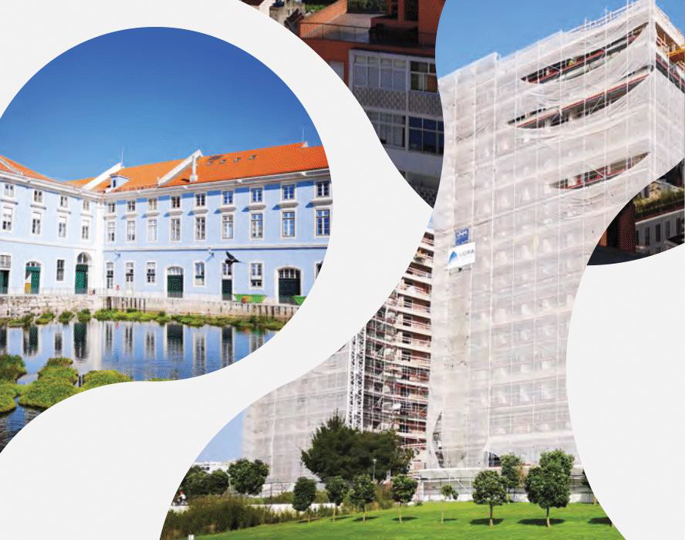
LNEC Lisbon Conference is an annual international event dedicated to strategic debates on emerging-relevant themes to the progress of civil engineering and related fields.
The third edition of the LNEC Lisbon Conference, Towards a Sustainable Built Environment: Challenges & Innovation, aims to address the following goals:
- Exploring science-based challenges and innovative approaches related to sustainable built environment.
- Identifying stakeholders’ needs to inform research agendas on fields related to a sustainable built environment, its challenges and innovation.
- Promoting stakeholders’ involvement on the exchange of knowledge and expertise.
The conference program targets the following audience:
- Researchers and experts with interest in sustainable built environment, its challenges and innovation.
- Infrastructure and service managers, along with economic operators, who are committed to improving and optimizing sustainable built environment.
- Government and local authorities dealing with sustainable built environment.
- Policymakers involved in the science-policy interface, research strategies and the policy cycle.
- Civil society organizations, including professional associations, informal groups, and community representatives dedicated to building a more sustainable built environment.
The conference is organized in three main topics, corresponding to its three sessions:
- Innovative Technologies for Construction (Session 1)
- Smart cities: Living 4 tomorrow (Session 2)
- Sustainable buildings and circular economy (Session 3)
LNEC Lisbon Conference 2025
The aim of the LNEC Lisbon Conference 2025 is to explore science-based challenges and innovative approaches related to sustainable built environment, identify stakeholders’ needs to inform research agendas on fields related to a sustainable built environment, its challenges and innovation; and promote stakeholders’ involvement on the exchange of knowledge and expertise. The theme of this conference will be Towards a Sustainable Built Environment: Challenges & Innovation and the sub-themes will be the following a) Innovative Technologies for Construction; b) Smart Cities: Living 4 Tomorrow; and c) Sustainable Buildings and Circular Economy.
LNEC Lisbon Conference series
LNEC conducts scientific research and technological development across all areas of civil engineering, including infrastructure, housing, and the environment. As part of its mission, LNEC anticipates society’s needs in terms of knowledge, technical solutions and best practices in its fields of intervention.
To this end, LNEC launched in 2023 the LNEC Lisbon Conference, focusing, each year, on a theme related to the management and safety of cities and other territories.
LNEC Lisbon Conference gathers leading institutions and renowned experts, fostering the interaction among diverse stakeholders and strategic partners, as well as promoting a collaborative exchange of knowledge, ideas, and innovative solutions. The conference aims to identify stakeholder needs, shape forthcoming research agendas, and provide guidance to research policies related to the conference themes.













